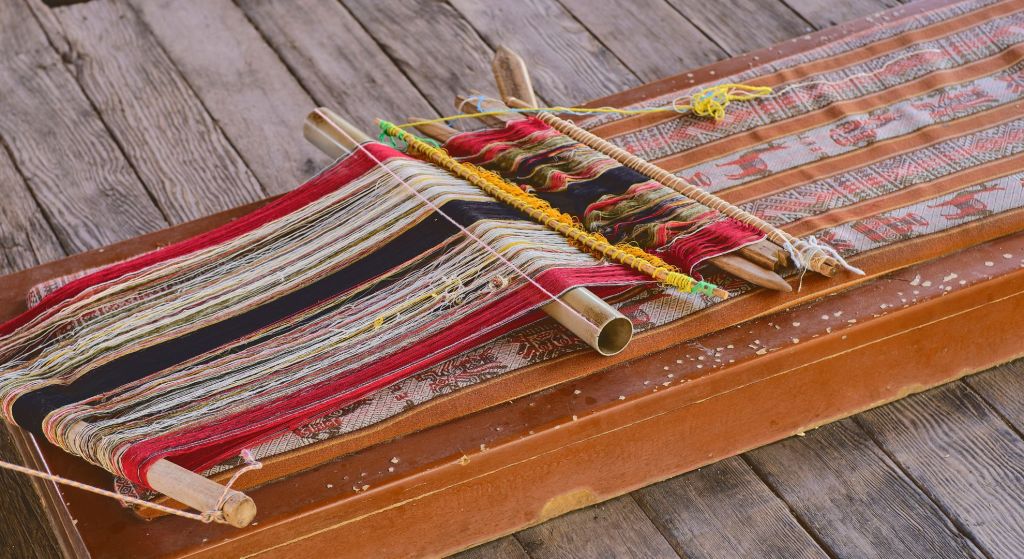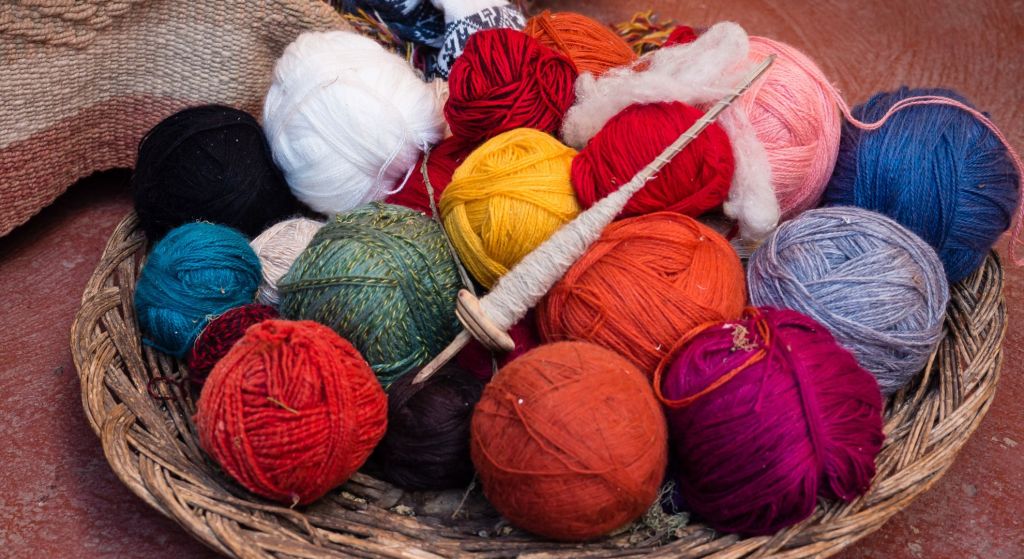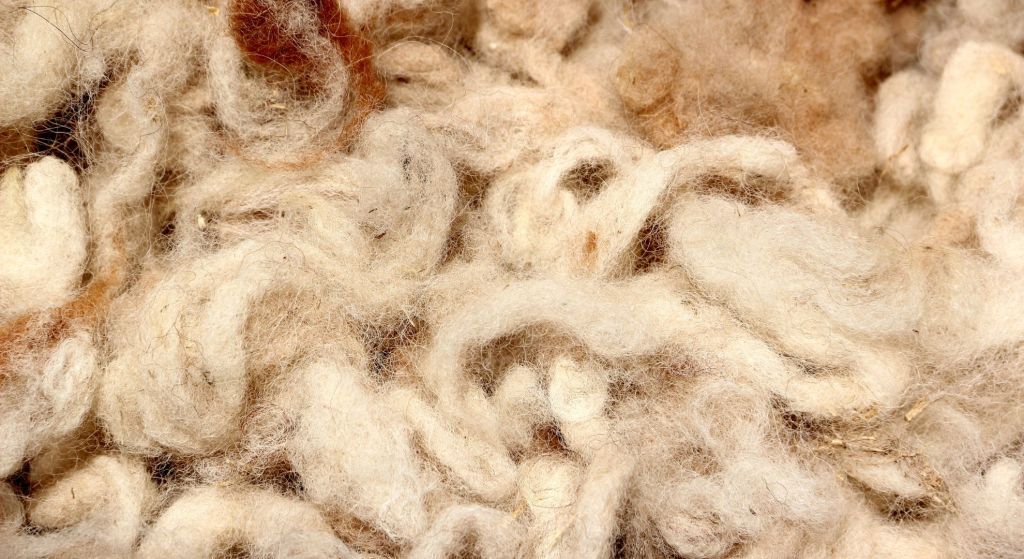Luxury shouldn’t cost the Earth. Alpaca wool shatters the stereotype of unsustainable fashion. This incredibly soft and warm fibre boasts a shallow environmental impact. Discover how alpacas, gentle grazers of the Andes, contribute to healthy ecosystems. Explore the benefits of alpaca wool, from its biodegradability to ethical production practices. Embrace sustainable luxury and learn how alpaca wool clothing, blankets, and home decor can elevate your life – and the planet’s future.
- A Gentle Footprint on the Planet: Alpaca Wool
- Renewable and Biodegradable: Alpaca wool
- Ethical Production: From Farm to Fashion
- Minimizing the Carbon Footprint: Alpaca wool
- Embrace Sustainability with Eco-Friendly Alpaca Products
- Beyond Clothing: A World of Sustainable Uses
- Natural Advantages: Why Alpaca Wool Stands Out
- Naturally Dyed for a Sustainable Aesthetic
- The Alpaca Wool Processing Journey
- Alpaca Wool vs. Other Natural Fibers: Making the Sustainable Choice
- The Future of Alpaca Wool Sustainability
- FAQ's
- 1. What makes alpaca wool environmentally friendly?
- 2. How does alpaca wool compare to natural fibres like cotton or polyester?
- 3. Are alpaca wool products suitable for people with sensitive skin or allergies?
- 4. How are alpacas cared for in ethical production practices?
- 5. What are some sustainable uses of alpaca wool beyond clothing?
A Gentle Footprint on the Planet: Alpaca Wool

Alpacas, adorable and gentle creatures native to the Andes mountains, have a shallow environmental impact. Unlike sheep and goats, their padded feet tread lightly on the land, preventing soil erosion and promoting healthy ecosystems. Alpaca grazing is sustainable – they don’t require vast amounts of water or resources, and their manure acts as a natural fertilizer.
Renewable and Biodegradable: Alpaca wool
Alpaca wool is a gift that keeps on giving. Alpacas naturally shed their fleece each year, providing a renewable source of fibre. This eliminates the need for harsh shearing practices standards in other wool production. The best part? Alpaca wool is entirely biodegradable. Unlike synthetic materials that linger in landfills for centuries, alpaca products decompose naturally, leaving no harmful residues behind.
Ethical Production: From Farm to Fashion
Ethical alpaca farming prioritizes the well-being of these gentle animals. Alpacas thrive in stress-free environments, and responsible farms ensure proper living conditions, access to clean water, and humane shearing practices. Look for certifications like Fair Trade or Global Organic Textile Standard (GOTS) to guarantee ethical sourcing and responsible alpaca husbandry.
Minimizing the Carbon Footprint: Alpaca wool
Compared to other natural fibres, alpaca wool production boasts a significantly lower carbon footprint. Due to their efficient grazing habits, Alpacas require less energy for shelter and food. Additionally, processing alpaca wool generally involves fewer harsh chemicals, minimizing environmental pollution.
Embrace Sustainability with Eco-Friendly Alpaca Products

The benefits of alpaca wool extend far beyond the farm. Here’s how you can incorporate sustainable luxury into your everyday life:
- Alpaca Wool Clothing: From luxuriously soft alpaca sweaters and scarves to breathable shirts and dresses, alpaca wool clothing offers exceptional warmth and comfort while minimizing environmental impact.
- Alpaca Wool Blankets: Snuggle up with a cozy alpaca wool blanket, knowing you’re wrapped in sustainable warmth and natural breathability.
- Alpaca Wool Socks: Keep your feet toasty and dry with naturally odour-resistant alpaca wool socks. They’re perfect for year-round wear.
Beyond Clothing: A World of Sustainable Uses
The versatility of alpaca wool extends beyond apparel. Here are some additional eco-friendly options:
- Alpaca Wool Yarn: Knitters and crocheters can create beautiful, sustainable garments and accessories with luxurious alpaca yarn.
- Alpaca Wool Home Decor: Elevate your home environment with eco-friendly alpaca wool rugs, throws, and cushions.
Natural Advantages: Why Alpaca Wool Stands Out
Choosing alpaca wool goes beyond sustainability. This remarkable fibre offers a unique combination of natural properties:
- Durability: Alpaca wool garments last for years, making them a sustainable and cost-effective choice in the long run.
- Warmth: Alpacas live in cold mountain climates, and their fleece reflects that. Alpaca wool provides exceptional warmth without being bulky.
- Hypoallergenic: Naturally hypoallergenic, alpaca wool is gentle on sensitive skin and an excellent choice for allergy sufferers.
- Insulation: Alpaca wool offers excellent insulation, keeping you warm in winter and cool in summer.
- Breathable: Unlike synthetic materials, alpaca wool allows your skin to breathe, preventing overheating and discomfort.
Naturally Dyed for a Sustainable Aesthetic
Many alpaca wool producers are embracing natural dyes derived from plants and minerals. These dyes create beautiful colours and eliminate the environmental hazards associated with synthetic dyes.
The Alpaca Wool Processing Journey
The processing of alpaca wool is becoming increasingly eco-conscious. Here’s a glimpse into the sustainable journey:
- Shearing: Alpacas are typically shorn once a year using humane and stress-free techniques.
- Processing: Modern processing methods prioritize minimal water usage and natural cleaning agents, reducing environmental impact.
Alpaca Wool vs. Other Natural Fibers: Making the Sustainable Choice

When seeking eco-friendly textiles, alpaca wool stands out, but how does it compare to other natural fibres? Here’s a breakdown:
- Alpaca Wool vs. Merino Wool: Both offer warmth and softness, but alpaca wool is generally considered more durable, hypoallergenic, and has a lower environmental impact. Merino sheep require frequent shearing, and some farms utilize controversial mulesing practices.
- Alpaca Wool vs. Cashmere: Both are luxurious and warm, but alpaca wool is often less expensive, more durable, and easier to care for. Cashmere production can be more intensive on resources and potentially involve harsher herding practices.
- Alpaca Wool vs. Silk: Silk boasts a luxurious feel, but its production requires sericulture, which raises ethical concerns regarding silkworms. Alpaca wool offers a sustainable and cruelty-free alternative.
- Alpaca Wool vs. Cotton: A classic choice, cotton requires significant water resources for production. Alpaca wool thrives in drier climates and has a lower overall environmental impact.
- Alpaca Wool vs. Polyester: While polyester is synthetic, it offers durability. However, it’s not biodegradable and contributes to microplastic pollution. Alpaca wool is the clear winner in terms of sustainability.
The Future of Alpaca Wool Sustainability
The alpaca wool industry is constantly evolving, with a growing focus on sustainable practices. Here are some promising trends:
- Regenerative Farming: This approach prioritizes soil health and biodiversity, further minimizing the environmental impact of alpaca grazing.
- Water-Efficient Processing: Innovative techniques are reducing water usage throughout the processing chain.
- Circular Economy Initiatives: Brands are exploring ways to reuse and recycle alpaca wool products, minimizing waste.
By choosing alpaca wool, you’re not just investing in luxurious comfort; you’re making a conscious decision to support ethical animal husbandry and a sustainable future for our planet. From clothing and home décor to yarn and accessories, alpaca wool offers eco-friendly possibilities. Explore the diverse range of alpaca wool products and discover the perfect way to incorporate sustainable luxury.
FAQ’s
1. What makes alpaca wool environmentally friendly?
Alpaca wool is eco-friendly due to several factors. Alpacas have a gentle footprint on the planet, grazing lightly and promoting healthy ecosystems. The wool they use is sustainable since it is renewable, biodegradable, and treated in a way that doesn’t harm the environment.
2. How does alpaca wool compare to natural fibres like cotton or polyester?
Alpaca wool stands out as a sustainable choice compared to cotton, which requires significant water resources, and polyester, a synthetic material that contributes to pollution. Alpaca wool is renewable, biodegradable, and has a lower environmental impact, making it a preferable option.
3. Are alpaca wool products suitable for people with sensitive skin or allergies?
Alpaca wool is naturally hypoallergenic, making it gentle on sensitive skin and an excellent choice for allergy sufferers. Its breathable properties also help regulate body temperature, providing comfort year-round.
4. How are alpacas cared for in ethical production practices?
Ethical alpaca farming prioritizes the well-being of these gentle animals. They are raised in stress-free environments with access to clean water, proper nutrition, and humane shearing practices. Certifications like Fair Trade or GOTS ensure responsible sourcing and farming.
5. What are some sustainable uses of alpaca wool beyond clothing?
Alpaca wool has versatile applications beyond clothing. It can create eco-friendly home decor items such as rugs, throws, cushions, and even yarn for crafting sustainable garments and accessories.


